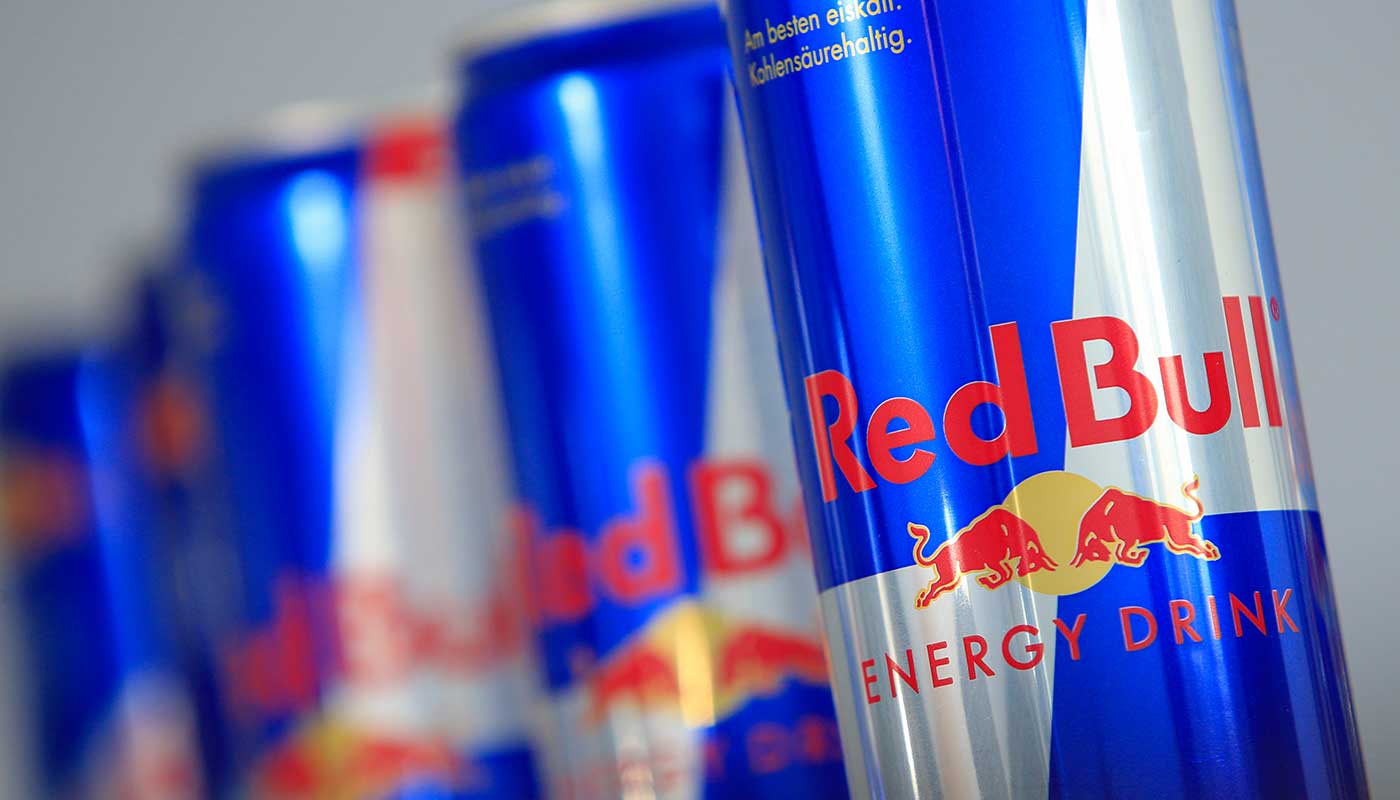Will energy drinks be banned for children?
Restriction would apply to drinks containing more than 150mg of caffeine per litre

A free daily email with the biggest news stories of the day – and the best features from TheWeek.com
You are now subscribed
Your newsletter sign-up was successful
The UK government has announced plans that could see the sale of energy drinks to children banned, as part of its bid to help fight childhood obesity.
A consultation, part of the second chapter of the government’s Childhood Obesity Plan, explores whether the sale of the high-sugar, high-caffeine drinks should be restricted to over-16s or over-18s.
“We all have a responsibility to protect children from products that are damaging to their health and education, and we know that drinks packed to the brim with caffeine, and often sugar, are becoming a common fixture of their diet,” Public Health Minister Steve Brine said.
The Week
Escape your echo chamber. Get the facts behind the news, plus analysis from multiple perspectives.

Sign up for The Week's Free Newsletters
From our morning news briefing to a weekly Good News Newsletter, get the best of The Week delivered directly to your inbox.
From our morning news briefing to a weekly Good News Newsletter, get the best of The Week delivered directly to your inbox.
“Our children already consume 50% more of these drinks than our European counterparts, and teachers have made worrying links between energy drinks and poor behaviour in the classroom.”
According to Sky News, two thirds of children aged 10 to 17 and a quarter aged six to nine are known to consume energy drinks. It “does not help that some cans are sold for as little as 30p”, adds the broadcaster.
Energy drinks are linked to a range of childhood health issues, “from obesity, tooth decay, headaches and sleep problems to stomach aches and hyperactivity”, reports the BBC.
The energy drink ban would apply to beverages containing 150mg of caffeine per litre. Popular brands such as Red Bull and Monster Energy contain up to 320mg per litre.
A free daily email with the biggest news stories of the day – and the best features from TheWeek.com